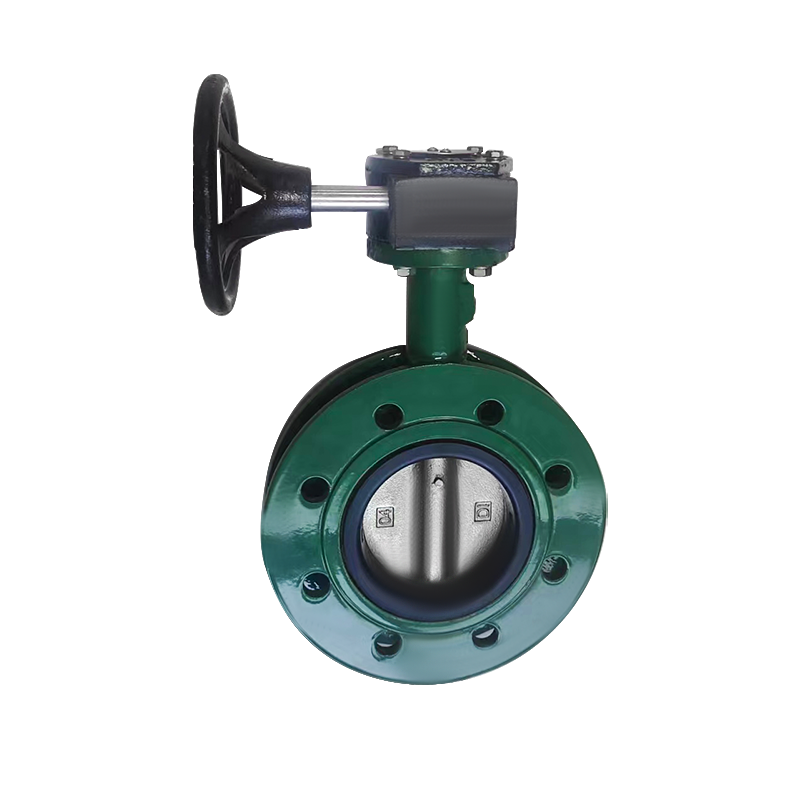
- Call Us
- +8618633052223
- njhdvlz@163.com
Oct . 21, 2024 11:45 Back to list
Wholesale Inline Fuel Check Valve for Efficient Fuel System Management and Reliability
Understanding Wholesale Inline Fuel Check Valves
In the world of fluid transport and management, particularly in the fuel industry, the importance of precision components cannot be overstated. Among these, the inline fuel check valve plays a critical role in ensuring the proper function, safety, and efficiency of fuel systems. This article delves into the significance, functionality, and wholesale considerations for inline fuel check valves.
What is an Inline Fuel Check Valve?
An inline fuel check valve is a mechanical device designed to allow fuel to flow in one direction while preventing backflow. This is crucial in fuel management systems, where even the smallest amount of backflow can lead to contamination or inefficiencies in fuel delivery. These valves are commonly found in various applications, including automotive, aviation, marine, and industrial fuel systems. Their primary function is to ensure that fuel reaches the engine or burner without any disruptions or reversals.
The Mechanism Behind Check Valves
Inline fuel check valves operate based on a simple yet effective mechanical principle. They typically consist of a body, a seat, and a movable element (often a disc, ball, or piston) that opens with the forward flow and closes when there is a potential for backflow. The design ensures that fuel can freely move towards the engine while automatically sealing off any reverse flow, thereby maintaining system integrity.
The choice of materials for these valves is crucial, with options like brass, stainless steel, and various plastics being common. These materials must withstand the corrosive nature of fuels, endure high pressures, and operate efficiently in varying temperatures.
Importance in Fuel Systems
The role of inline fuel check valves extends beyond preventing backflow. They play a significant part in maintaining system pressure, enhancing fuel efficiency, and ensuring the safety of fuel systems. In high-performance applications, even minor inefficiencies can significantly impact performance and fuel economy.
Moreover, check valves help in protecting other components of the fuel system, such as fuel pumps and injectors, from being damaged due to unwanted backflow. By ensuring a one-way flow, these valves contribute to the longevity of the entire fuel delivery system, which is essential for both operational efficiency and reduced maintenance costs.
wholesale inline fuel check valve

Wholesale Considerations for Inline Fuel Check Valves
When sourcing inline fuel check valves, particularly for wholesale purposes, several factors come into play. Cost efficiency is often at the forefront, but it is equally important to consider the quality and specifications of the valves.
1. Quality Assurance Ensuring that the valves meet industry standards is paramount. Look for manufacturers that adhere to quality certifications such as ISO or API. High-quality valves not only perform better but also enhance the safety and efficacy of the fuel systems they are used in.
2. Material Selection The material of the check valves significantly impacts their durability and functionality. Depending on the application, different materials may be more suitable. For example, stainless steel is often preferred for high-pressure applications due to its strength and corrosion resistance.
3. Flow Rate and Pressure Ratings Different applications require different specifications. Understanding the specific flow rate and pressure requirements for your intended use will help in selecting the appropriate check valve. Wholesale suppliers often provide detailed specifications for their products, allowing buyers to make informed decisions.
4. Cost-Effectiveness While quality is crucial, price cannot be ignored. Evaluating different suppliers and their offerings can help in finding a balance between quality and cost. Bulk purchasing often leads to significant savings, so consider negotiating with suppliers for better rates.
5. Technical Support and Warranty Reliable suppliers often provide technical support and warranty options. This is essential for wholesale customers who may require additional guidance on installation, compatibility, and maintenance.
Conclusion
Inline fuel check valves are an integral component in the fuel delivery systems of various industries. Understanding their functionality and importance can help fuel suppliers and retailers make informed choices. Wholesale purchasing offers opportunities for cost savings and bulk efficiencies, but it's vital to prioritize quality, specifications, and supplier reliability. In a world where precision and safety are paramount, investing in high-quality check valves is not just a necessity but a smart business decision.
-
3 Butterfly Valve Dimensions | GPT-4 Turbo Precision Specs
NewsJul.31,2025
-
Stainless Steel Sanitary Butterfly Valve for Hygienic Flow Control
NewsJul.30,2025
-
High-Performance Groove Butterfly Valve for Easy Installation
NewsJul.30,2025
-
High-Quality 2 Inch Butterfly Valve for Precise Flow Control
NewsJul.29,2025
-
Double Flanged Short Pattern Butterfly Valve for Reliable Flow Control
NewsJul.29,2025
-
High Quality Wafer Check Valve Factories – Reliable Manufacturer & Supplier
NewsJul.29,2025